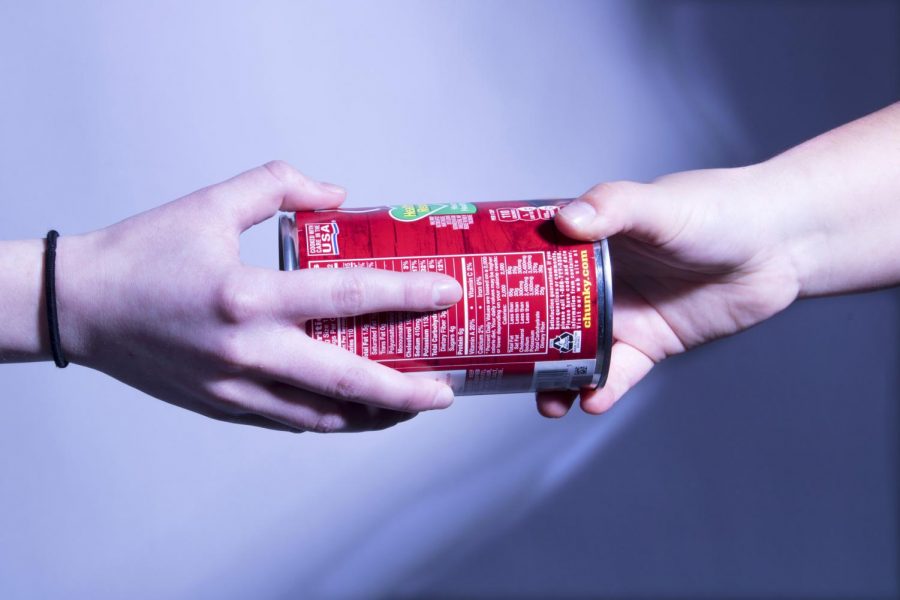Local pantries are a source of food, other necessities
30-35 percent of students do not get enough food on a daily basis, according to one professor
February 11, 2018
Correction: This article has been updated to reflect that the Charleston Food Pantry does not base the amount of food one gets on their family’s income. Instead, it is based on the family’s size. The News regrets the error.
Hunger and poverty are two issues that affect many people, including students at Eastern.
Sociology professor Michael Gillespie, adviser of the EIU Hunger Action Team, which is an organization that works to educate people about poverty in the community, said between 30 to 35 percent of students do not get enough food on a daily basis.
“Many of these students want to eat healthy, but have limited access to a nutritionally adequate food supply,” Gillespie said. “This is important, because food security is not just about having enough food but also that what is available and consumed is balanced and healthy.”
Food insecurity is defined as the state of being without reliable access to a sufficient quantity of affordable, nutritious food.
Gillespie said many students facing food insecurity are often cutting back on their food budget because of school-related expenses, housing and utility costs and other life expenses such as transportation and job-related costs.
There are several food pantries in the area that students can access for multiple resources.
On-campus
The Newman Catholic Center, located at 500 Roosevelt Ave., has a food pantry that is open on Tuesdays from 4 to 7 p.m.
“The idea to have a food pantry was presented by Michael Gillespie, which, according to his research, there has been an increase of students in need of food assistance,” said Doris Nordin, campus minister of the Newman Catholic Center. “He presented statistics and helped us realize that it was an issue in Coles County and at Eastern as well.”
The Newman Catholic Center first spoke to the Eastern Illinois Food Bank in Urbana, whose employees let them know the procedures and guidelines to be followed to be able to open a food pantry.
“Before we accepted, we met with the St. Vincent De Paul Society, an international assistance program from the Catholic church that works for the poor in the Charleston area,” Nordin said. “They prayed about this and graciously committed themselves to help us financially open a food pantry.”
Nordin said sometimes a group of students will organize a food drive at the center, which helps a lot.
“We offer foods such as basic dry grains, vegetables, fruit, meat, canned soup, juices and cereal,” Nordin said.
The food from the Newman Catholic Center is ordered from the Eastern Illinois Food Bank in Urbana once a month.
“Anyone wishing to come and get food just needs to bring their Panther ID card,” Nordin said.
In Charleston
Standing Stone and Carpenters Table Food Pantry, located at 375 N. 14th St., is open from 9 a.m. to 4 p.m. Wednesday through Friday and 9 a.m. to 3 p.m. on Saturdays.
“At Standing Stone, we offer a point system for each person wishing to come get food,” said Dawn Thomson, founder and executive director of Standing Stone. “Each person has 15 points, and each item of food costs a certain amount of points. For example, a can of corn is one point and a box of macaroni and cheese is two points.”
Thomson said students who bring their own bags or boxes to carry food will get an extra point when they visit.
“Bread and meat are free to anyone, as they cost no points, as well as any frozen food we may have,” Thomson said. “Anyone coming in to get food needs to sign in, and they are allowed to visit up to twice a month or every other week.”
Standing Stone works with the Eastern Illinois Food Bank in Urbana and several other student volunteer programs.
Thomson said all the food provided at the pantry is fresh and in great condition.
“We do not have many students who visit because we are located in the opposite side of town,” Thomson said. “But we hope to have more come visit us and we want to help anyone in need.”
The Charleston Food Pantry, located at 990 W. State St., is open on Mondays, Wednesdays and Fridays from 1:30 p.m. to 4 p.m. and on Thursdays from 5:30 p.m. to 7 p.m.
“We give a three-day supply of food to each family or individual person who visits the pantry,” said assistant director Kenda Condron.
Condron said each box of food given contains a choice of canned meat and dessert, peanut butter, canned beans and carrots, juice, canned fruits and vegetables, potatoes, soup, crackers, pasta and tomato sauce.
“We hope to help as many people in need,” Condron said. “We allow each person or household to visit us once every day 30 days.”
In Mattoon
Catholic Charities of Coles, Douglas and Edgar Counties, located at 4217 Dewitt Ave. in Mattoon, offers multiple resources other than food. The pantry is open Tuesdays through Fridays from 9 a.m. to 1 p.m.
“People do not realize that our building was once owned by Rural King,” said Debbie Albin, area director of Catholic Charities. “That being said, we house furniture and clothing and many students have been able to find the necessary furniture they need for their apartments and dorms.”
Albin said the pieces of furniture they have in stock are usually in great condition.
Catholic Charities offers food designed to feed up to one household for two to three days. The food can be non-perishable or perishable, and includes both frozen and canned foods.
“We have students come quite frequently to get everything they may need,” Albin said. “All we ask is that students wishing to come get these resources bring their student ID cards and that will be proof of residency.”
Mattoon Community Food Center, located at 600 Moultrie Ave., is open on Mondays, Wednesdays and Fridays from 1:30 p.m. to 3:30 p.m., as well as on Thursdays from 6 to 8 p.m.
“We have a lot of boxed non-perishable items,” said Troy Jayroe, president of the food center. “We also have a few perishable items as well.”
Anyone wishing to visit the Mattoon Community Food Center needs to bring an ID, proof of residency in Coles County and will be required to be interviewed on their income and family size.
“We have pre-packaged boxes of food that are packaged based on family size,” Jayroe said. “We also have a few items on our shelves that people can choose as well.”
Andrew Paisley can be reached at 581-2812 or at abpaisley@eiu.edu.


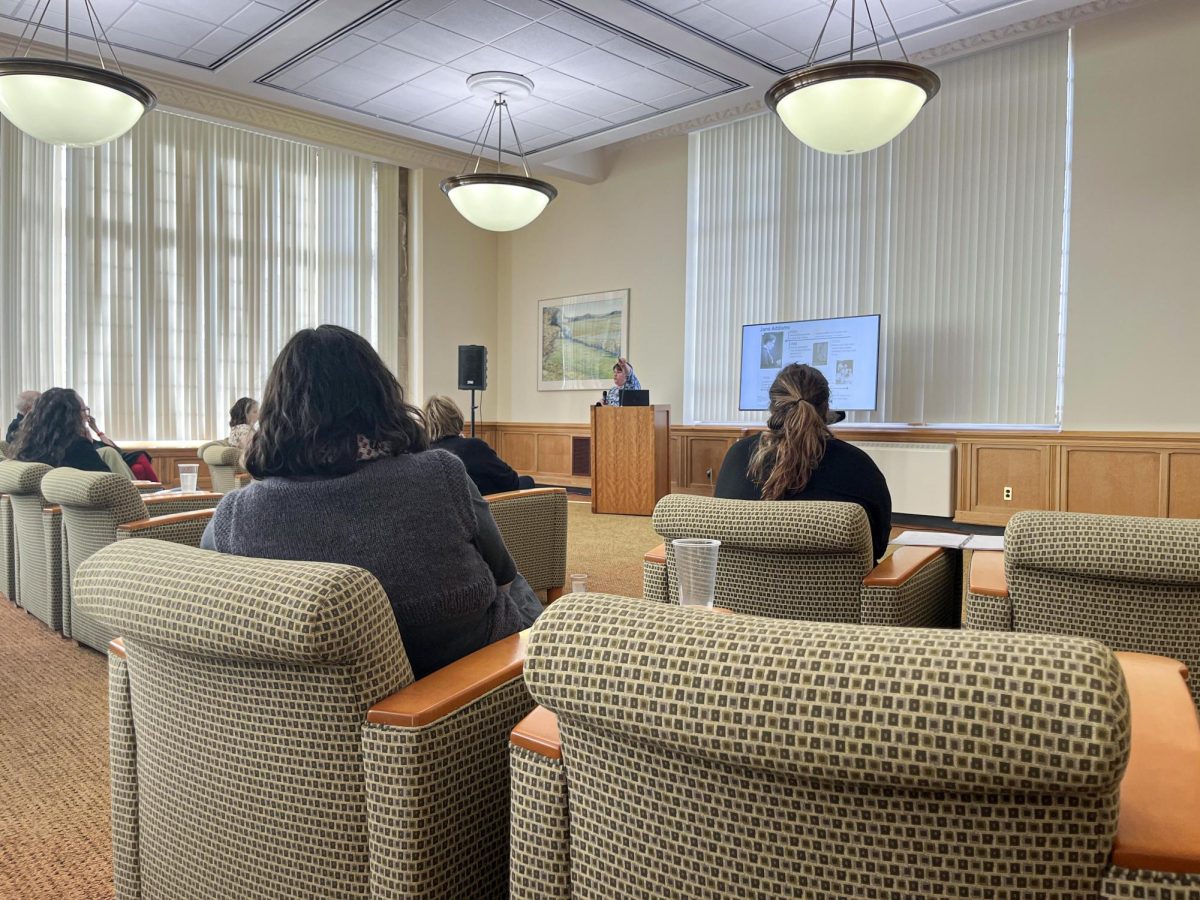


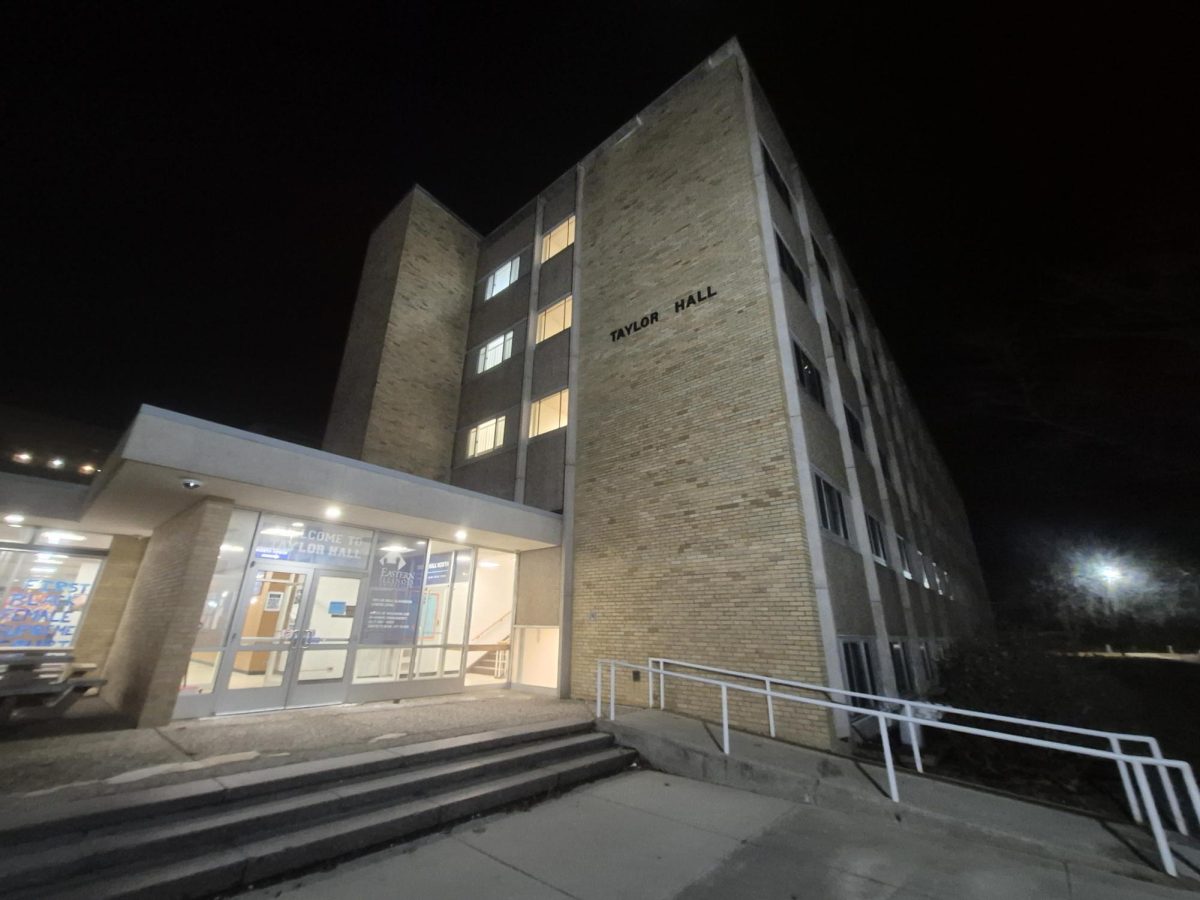
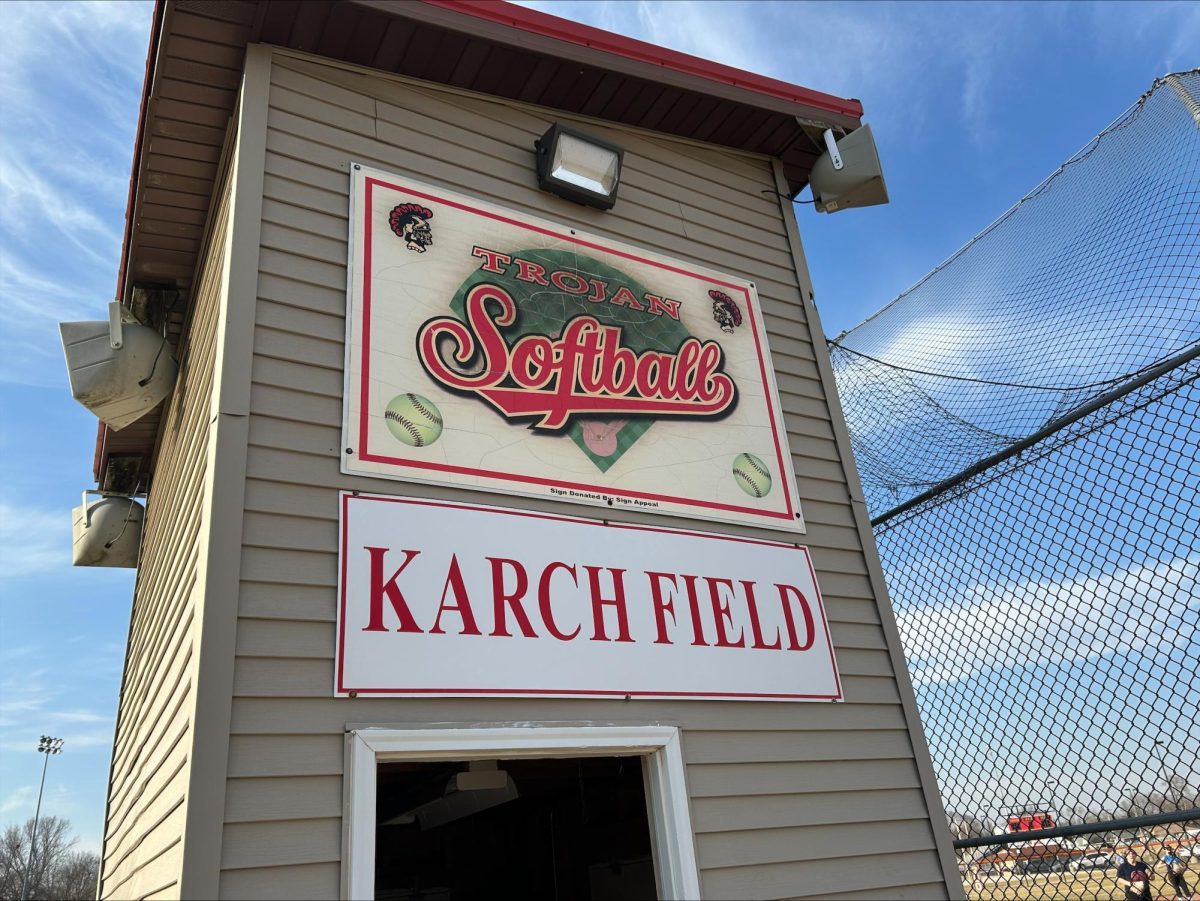


![[Thumbnail Edition] Eastern Illinois University baseball's hitting coach and recruiting coordinator Mike Pugliese urges players on the team to increase their effort after a slow start to its pregame routine at the team's first intrasquad scrimmage of the season at O'Brien Field on Jan. 31, 2025.](https://www.dailyeasternnews.com/wp-content/uploads/2025/03/BB_02_O-1-e1741909628540-1200x702.jpg)
![[Thumbnail Edition] Senior tennis player Luisa Renovales Salazar hits the tennis ball with her racket at the Darling Courts at the Eastern Illinois University campus in Charleston, ILL.](https://www.dailyeasternnews.com/wp-content/uploads/2025/03/Tennis_01_O-1-e1741807434552-1200x670.jpg)
![[Thumbnail Edition] Senior right-handed pitcher Tyler Conklin pitching in the Eastern Illinois University baseball team's intrasquad scrimmage at O'Brien Field in Charleston, Illinois on Jan. 31.](https://www.dailyeasternnews.com/wp-content/uploads/2025/03/TC_01_O-e1741567955534-1200x669.jpg)




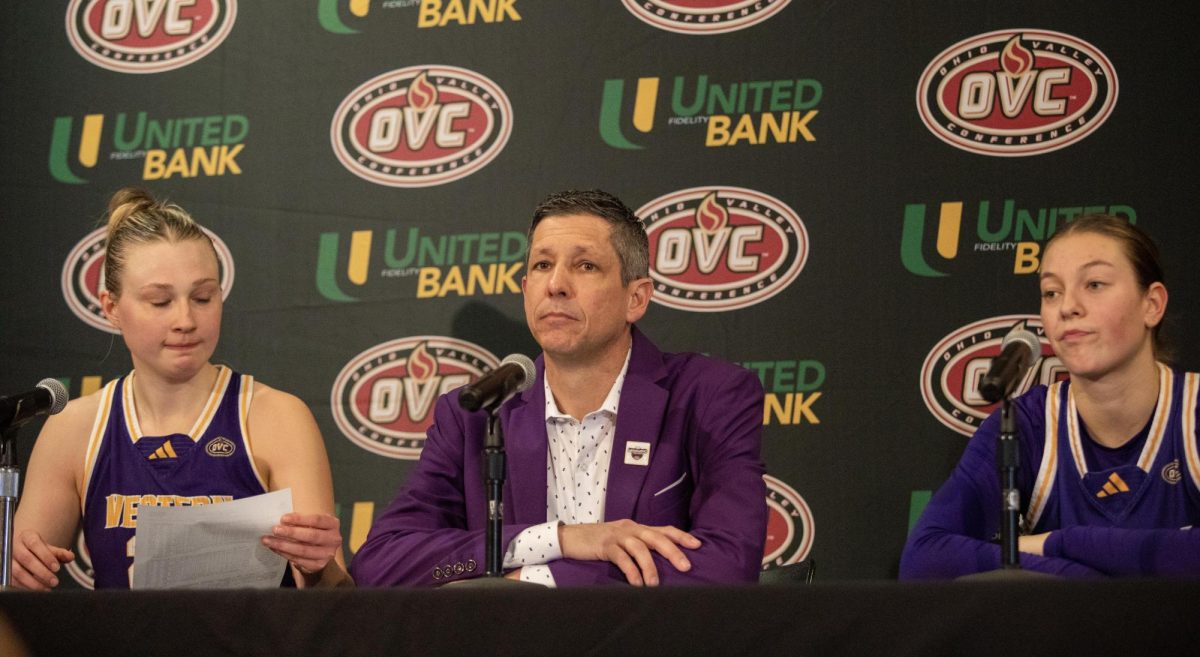
![[Thumbnail Edition] Senior, forward Macy McGlone finds an open teammate to pass the ball too during the game against the Tennessee State Tigers 69-49, in Groniger Arena on the Eastern Illinois University campus, Charleston Ill.](https://www.dailyeasternnews.com/wp-content/uploads/2025/03/WBB_02_O-1-e1741228987440-1200x692.jpg)


















![E[Thumbnail Edition] Eastern Illinois softball freshman utility player Abbi Hatton deciding to throw the softball to home plate in a fielding drill during softball practice at the field house in Groniger arena on Tuesday Feb. 11.](https://www.dailyeasternnews.com/wp-content/uploads/2025/03/SB_03_O-e1741208880750-1-e1741209739187-1200x815.jpg)

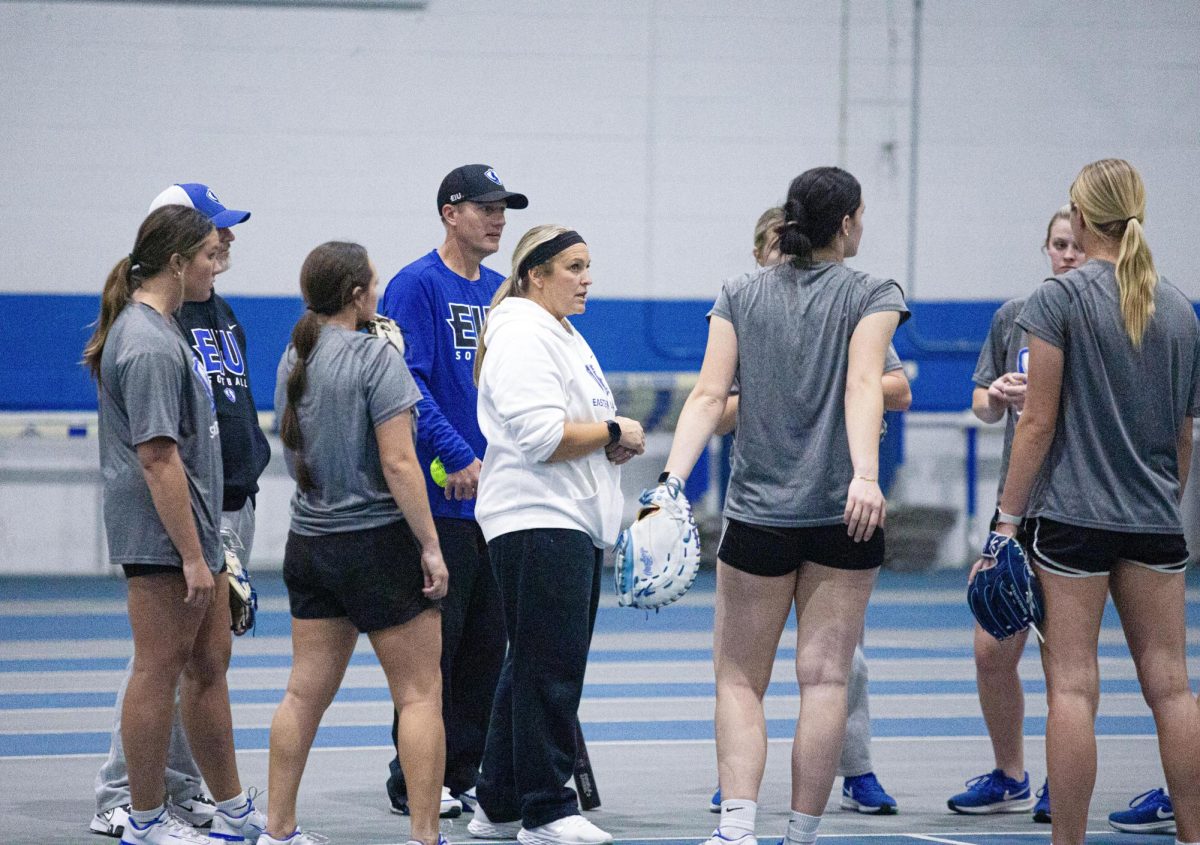













![The Weeklings lead guitarist John Merjave [Left] and guitarist Bob Burger [Right] perform "I Am the Walrus" at The Weeklings Beatles Bash concert in the Dvorak Concert Hall on Saturday.](https://www.dailyeasternnews.com/wp-content/uploads/2025/03/WL_01_O-1200x900.jpg)
![The team listens as its captain Patience Cox [Number 25] lectures to them about what's appropriate to talk about through practice during "The Wolves" on Thursday, March 6, in the Black Box Theatre in the Doudna Fine Arts Center in Charleston, Ill.](https://www.dailyeasternnews.com/wp-content/uploads/2025/03/WolvesPre-12-1200x800.jpg)

















